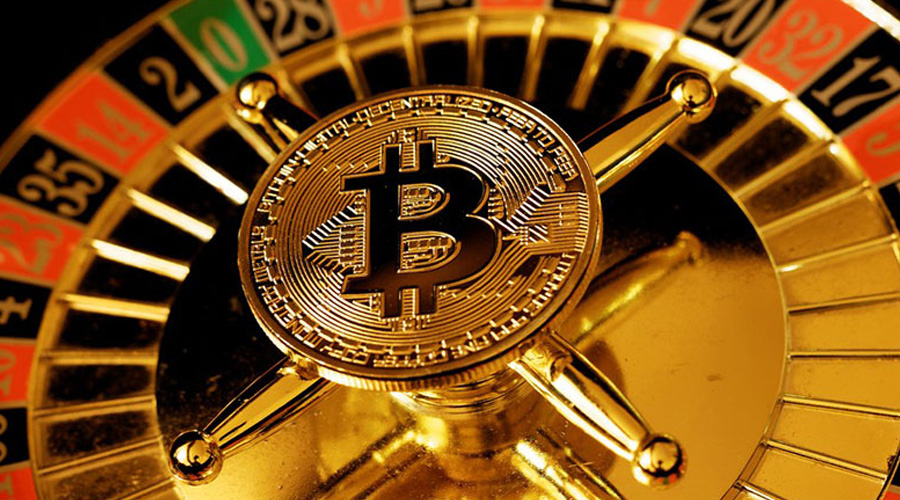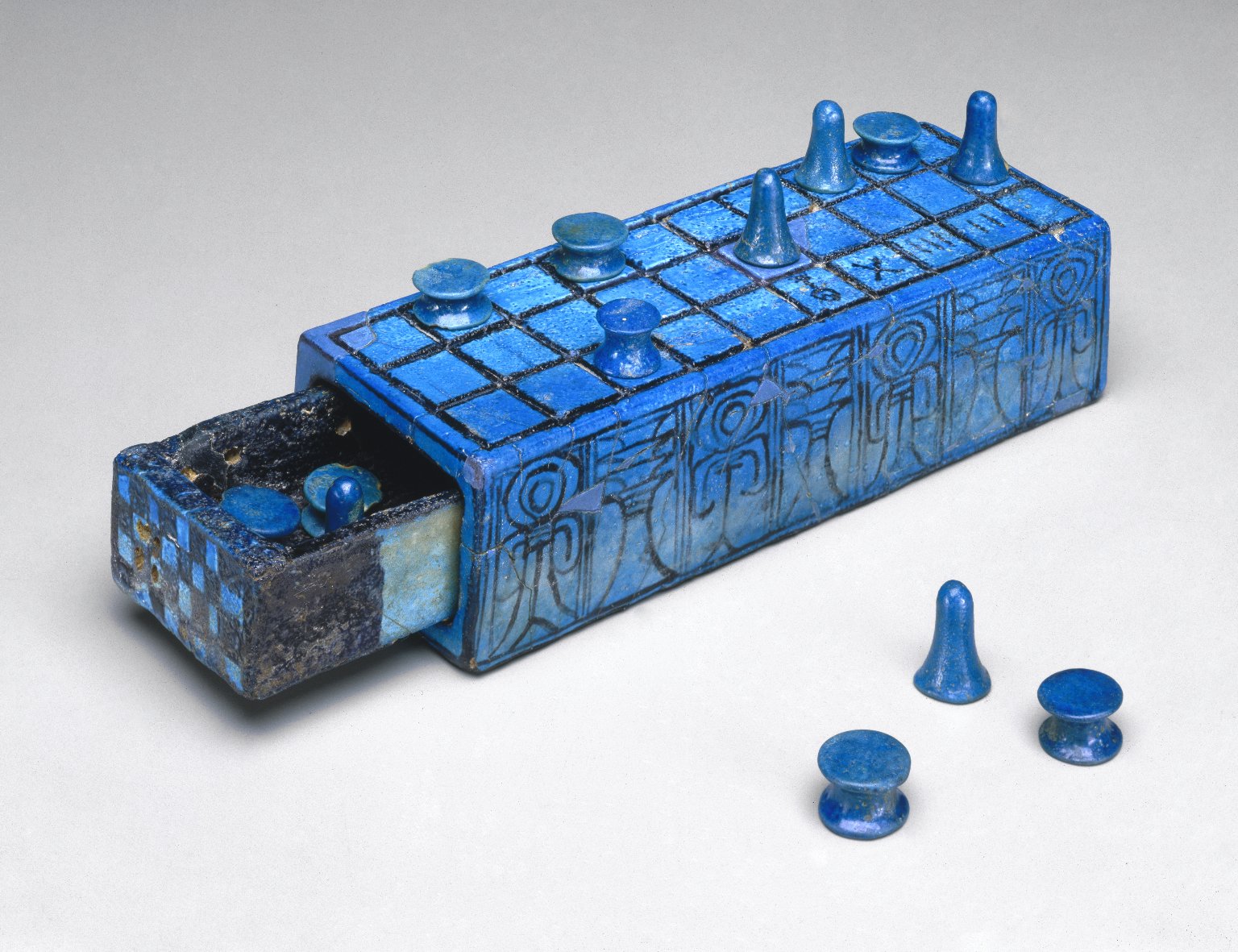
The Origins of Board Games
Board games have been a form of entertainment, strategy, and cultural expression for thousands of years. They offer a fascinating glimpse into the societies that created them. Let’s explore three of the earliest known board games:
1. Senet (Egypt)
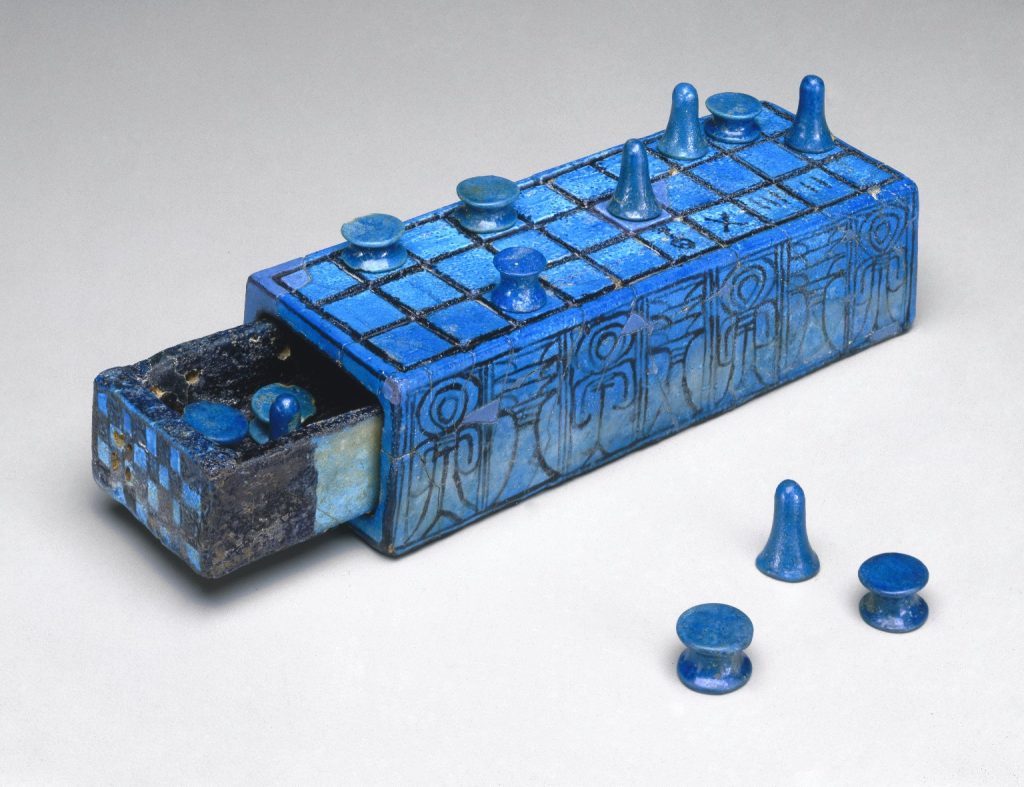
photo from https://en.wikipedia.org/wiki/Senet
Origins and Purpose
- Senet, believed to date back to around 3100 BCE, is one of the oldest known board games.
- It was discovered in ancient Egyptian tombs, including King Tutankhamun’s.
Game Design
- The board typically consisted of 30 squares arranged in a 3×10 grid.
- It featured carved game pieces, often depicting significant symbols like animals or deities.
Cultural Significance
- Senet was more than just a game; it had religious symbolism.
- Egyptians believed it represented the journey of the soul through the afterlife.
- Winning was seen as a sign of divine favor.
2. Royal Game of Ur (Mesopotamia)
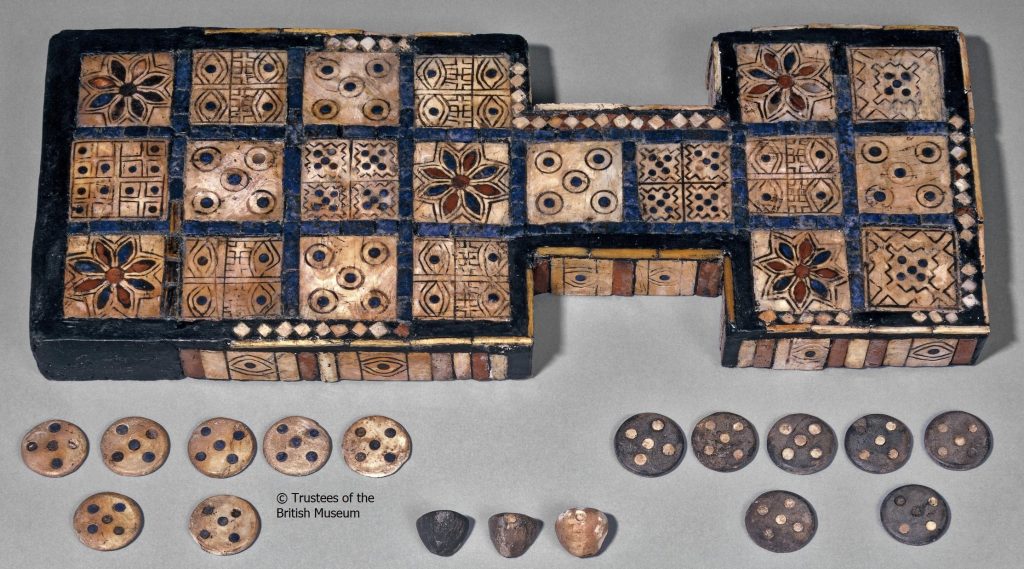
photo from https://www.tradgames.org.uk/games/Royal-Game-Ur.htm
Origins and Purpose
- The Royal Game of Ur originated around 2600 BCE in Mesopotamia.
- A beautifully preserved board was discovered in the Royal Cemetery of Ur, modern-day Iraq, during the 1920s.
Game Design
- The board was rectangular with two sets of squares—one for each player to navigate their pieces.
- Dice-like objects and tokens were used to move across the board.
Gameplay
- Players competed to move their pieces from one end of the board to the other, avoiding traps and capturing opponents’ pieces.
- The rules, deciphered from a cuneiform tablet, suggest it was a mix of strategy and luck.
3. Mancala (Africa)
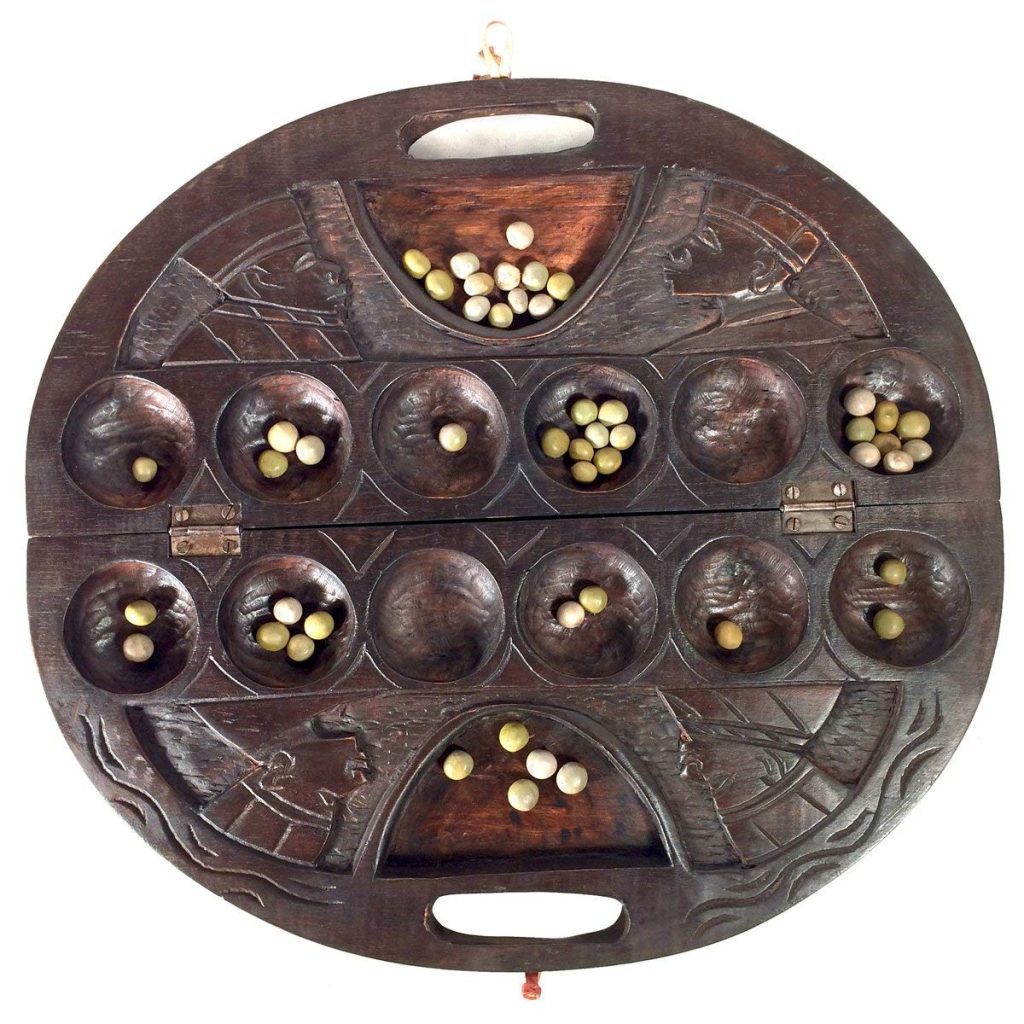
photo by https://www.amazon.com/African-Oware-mancala-Seed-Board/dp/B01MRMJ3PY
Origins and Purpose
- Mancala is one of the simplest yet oldest games, with evidence dating back to 1400 BCE in ancient Africa.
- Its name comes from the Arabic word “naqala,” meaning “to move.”
Game Design
- The game involves a board with rows of small pits or holes, which can even be carved into the ground.
- Seeds, stones, or shells are used as playing pieces.
Gameplay and Cultural Impact
- The goal is to capture more pieces than your opponent by strategically distributing them around the board.
- Mancala is still played globally today, with countless variations across Africa, the Middle East, and Southeast Asia.
You can read about Origins of Chess in https://thoughtfactory.online/2024/12/02/chess-the-game-of-kings/
Edit by ChatGPT




